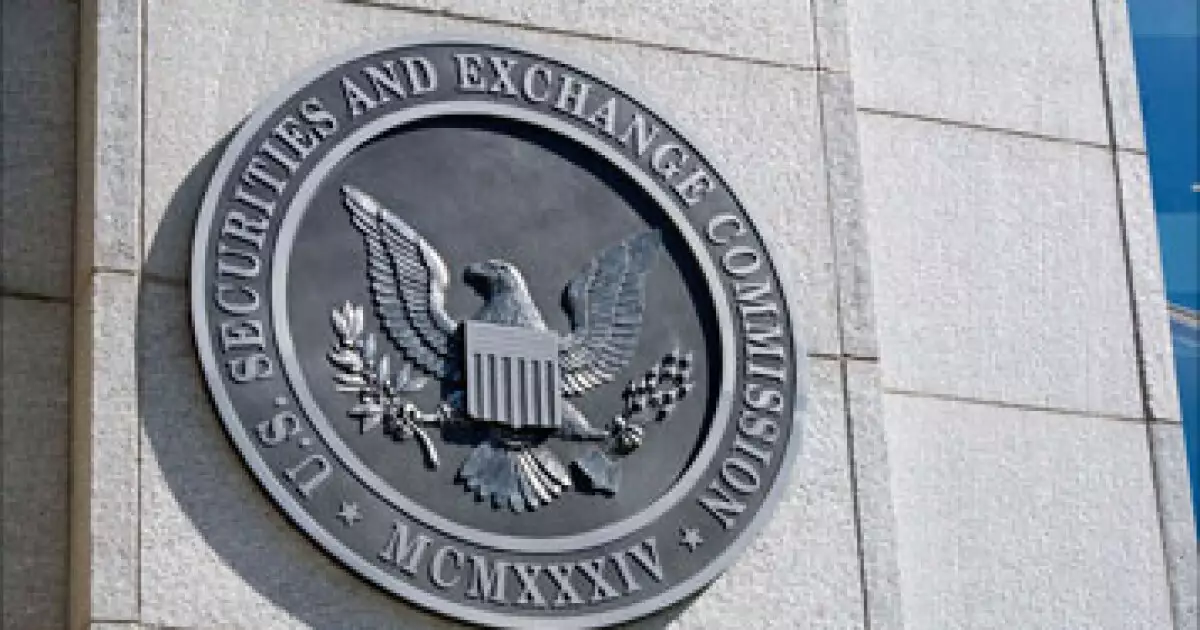In the realm of municipal securities, the emphasis on appropriate pricing for new issues has garnered significant attention, particularly as outlined by Dave Sanchez from the Securities and Exchange Commission (SEC). At the recent California Public Finance conference, Sanchez highlighted that upcoming examination priorities for 2025 would be directed at the responsibilities of municipal advisors and broker-dealers concerning pricing evaluations. The traditional view of these roles necessitates not just compliance but proactive engagement with pricing structures. By asserting that these responsibilities are not merely guidelines but essential practices, Sanchez aims to elevate the standards of the municipal securities market.
The Importance of Fair Pricing Practices
A central theme of Sanchez’s address was the alarming trend of underpricing that has been implicated in adversely affecting issuers. The data suggests an average discrepancy of 25-35 basis points, which not only leads to diminished returns for municipal issuers but also disrupts the overall market functioning. By drawing attention to the Municipal Securities Rulemaking Board (MSRB) Rules G-17 and G-42, Sanchez reinforced the idea that fair dealing is not only a regulatory obligation but a cornerstone of market integrity. The call to action for market participants is clear: a transparent and thorough evaluation of pricing structures is non-negotiable.
Sanchez’s analogy of preparing for a guest’s visit encapsulates the urgency for municipal market participants to get their houses in order regarding pricing. This preparation includes a thorough analysis of comparable deals and the performance of bonds post-issuance. With the SEC peering into these practices, the time for complacency is over. Market participants should leverage tools such as Solve’s DIVER Scale Viewer and Scale Writer to access pertinent data seamlessly. Understanding how bonds trade in the secondary market a week or two after pricing is essential to validate the initial pricing strategy.
An intriguing aspect of Sanchez’s presentation was the discussion on methods of sale, notably the conflict between competitive and negotiated sales. The findings from a February 2023 presentation by the Council of Development Finance Agencies (CDFA) suggested that negotiated sales often yield less favorable pricing outcomes. This ignited a spirited dialogue amongst attendees, revealing the underlying complexities of market practices and how historical trends shape current behaviors. Sanchez’s remarks underscore the necessity for municipalities to critically assess the sale methods employed, weighing the merits and demerits of each.
The SEC’s increased focus on new-issue pricing highlights a pivotal moment for all stakeholders in the municipal securities arena. The stakes are high, as the repercussions of pricing inadequacies ripple throughout the market and into the communities that depend on efficient funding. Acting with diligence, leveraging available data, and fostering a culture of transparency and fairness is no longer a choice, but an imperative for sustainable market practices. As market participants heed these calls to action, they play a vital role in ensuring that the municipal securities market evolves to meet the demands of a changing financial landscape.


Leave a Reply